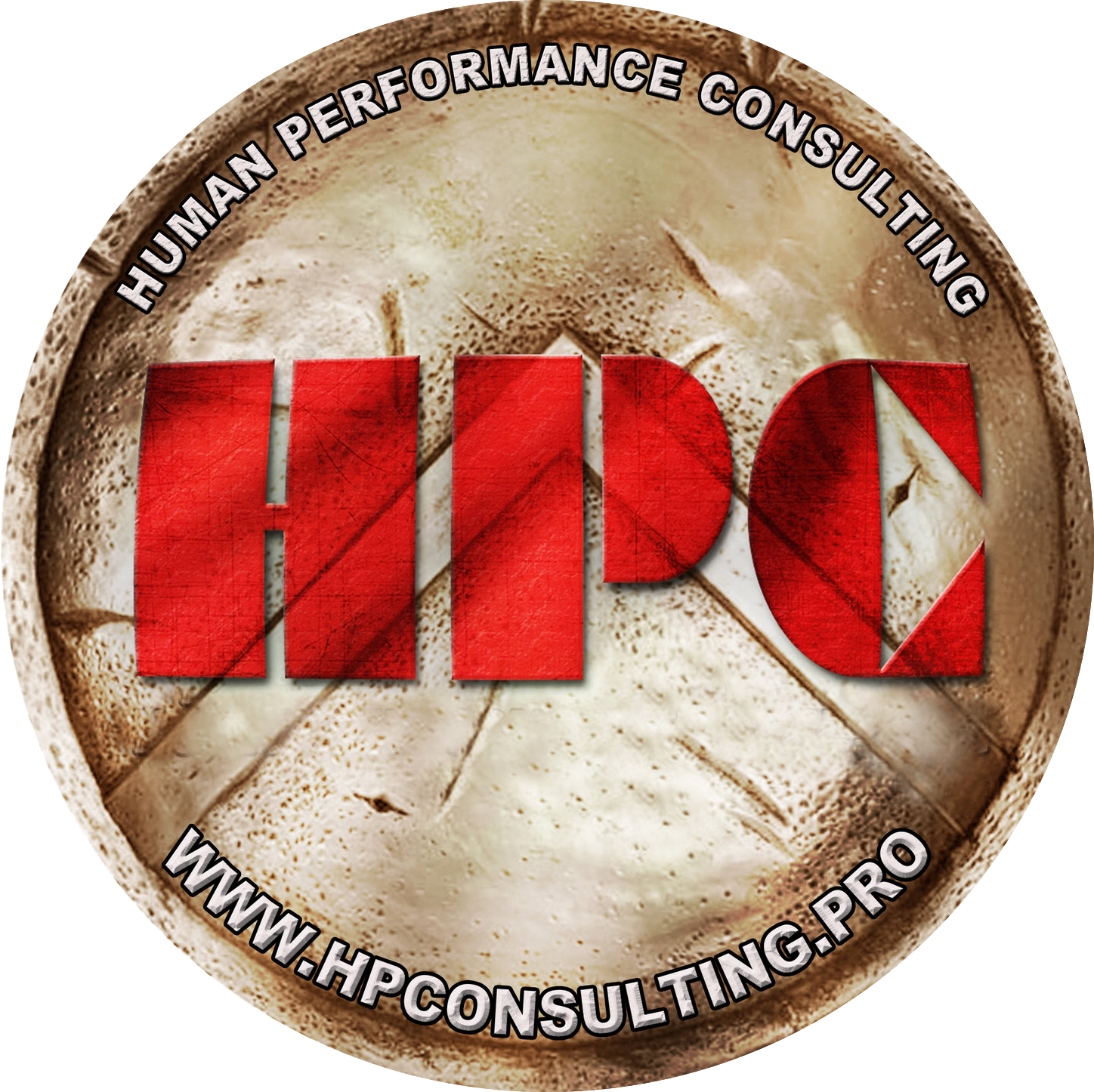Swim Buddies are critical in SEAL operations. In resilience training, swim buddies are critical as well, but in a different way. In training, we were taught not to be more than 6 feet away from your swim buddy. During 100% Oxygen operations, this is critical because the symptoms of Oxygen Toxicity, a condition that can happen at any time during oxygen diving, can be deadly. Your swim buddy can save your life. In my resilience classes, individuals have a difficult time relating some of the military concepts that I teach to a more "normal" and safe life. The principles of the swim buddy apply 100% to civilian life. Let me explain how. A swim buddy can be a close friend, spouse, even a sibling who has been there for you during difficult times. A swim buddy holds you accountable and is not afraid to let you know that you screwed up. A swim buddy is a sounding board during a crisis or life changing event. At a minimum, when you call a swim buddy, they will answer the phone or get back with you fairly quickly.
Accountability is a huge part of developing a resilient life style and developing the concept of self-leadership. A swim buddy is their to hold you accountable. However, accountability works in both directions. By nature of the relationship, you are the swim buddy to your swim buddy. That means that you have to be there for them just as much as they are there for you. I remember an exercise in dive training where we would buddy breath off of the same closed circuit rebreather. This was very complicated because it involved extra steps that are not the same as in traditional open circuit SCUBA. The extra steps meant more time without life giving oxygen, and the steps required practice and trust. Swim buddy in the SEAL Teams takes on a whole new meaning when you are in the dark, cold, and without oxygen!
Remember to always be there for your swim buddy. Think of some attributes that you have in your swim buddy. What are some of the characteristics that you have that make you a great swim buddy? Write down a list of people that you consider your swim buddies and then a list of people that consider you to be their swim buddy. This week, introduce this concept to individuals who have not heard of it. Remember, we were meant to face adversity with close friends who can count on us as much as we can count on them!
Dr. N
P.S. You can join our conversation on this topic here.






